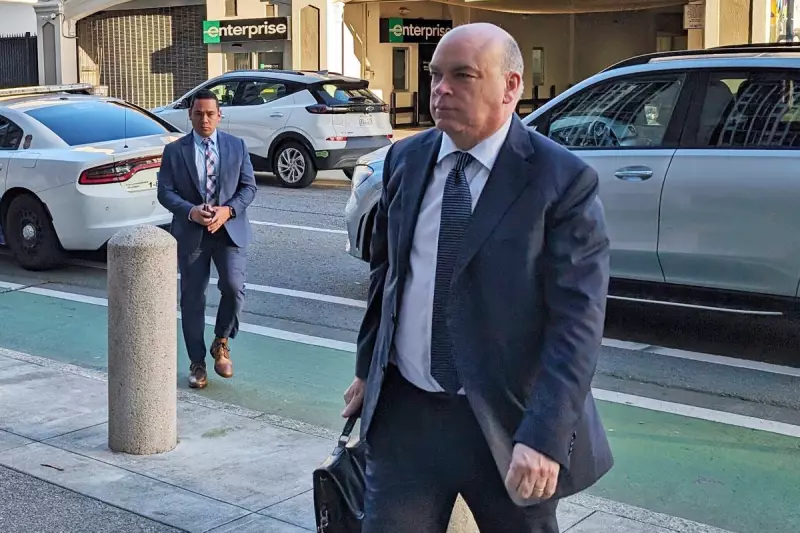
British tech tycoon Mike Lynch is embroiled in a high-profile legal battle as US prosecutors push for his extradition over allegations linked to Hewlett-Packard's ill-fated $11 billion acquisition of Autonomy in 2011.
The controversial deal, once hailed as a landmark in UK tech history, has become one of Silicon Valley's most infamous corporate disasters. Prosecutors allege Lynch and former Autonomy CFO Sushovan Hussain engaged in accounting fraud to inflate the company's value prior to the sale.
The Fallout
HP wrote down $8.8 billion of Autonomy's value just a year after the acquisition, claiming it discovered serious accounting irregularities. The tech giant alleges these practices misrepresented Autonomy's true financial health.
Lynch, who has consistently denied all wrongdoing, faces multiple fraud charges in the US that could result in significant prison time if convicted. His legal team maintains the case represents a fundamental misunderstanding of UK accounting practices.
Current Proceedings
The case has taken several dramatic turns:
- Hussain was convicted on similar charges in 2018 and served five years in prison
- Lynch successfully fought extradition attempts for years before recent legal setbacks
- The UK High Court recently ruled against Lynch's appeal to block extradition
Legal experts suggest the case could set important precedents for international tech acquisitions and cross-border white-collar crime prosecutions.
What's Next?
With extradition looming, Lynch's team is exploring all available legal options. The outcome could have far-reaching implications for:
- UK-US corporate relations
- International tech mergers and acquisitions
- The treatment of British executives in foreign jurisdictions
The tech community watches closely as one of Britain's most prominent entrepreneurs faces the prospect of trial in an American courtroom.





